Description
The concept of a Circular Economy has emerged as a transformative framework for addressing the environmental, economic, and social challenges of the 21st century. As the global population continues to grow and natural resources become increasingly scarce, the limitations of the traditional linear economy — characterized by a “take, make, dispose” model — have become evident. The linear approach has not only strained ecological systems but also led to significant economic inefficiencies and social inequalities. In response to these challenges, the circular economy presents a regenerative and restorative model designed to minimize waste, optimize resource use, and create sustainable economic opportunities.
The Bharatiya Gyana Parampara i.e., Indian Knowledge System as it commonly known to all of us now is also briefly described in this book as the concept of a circular economy was inherently practiced in ancient India, deeply rooted in the principles of sustainability, resource efficiency, and minimal waste generation. Traditional Indian society emphasized harmony with nature through practices such as reuse, recycling, and repurposing of materials. Agricultural systems followed natural cycles, using organic compost and crop rotation to maintain soil fertility. Handicrafts and textiles were produced using renewable resources like cotton, wool, and natural dyes, with worn-out materials often repurposed into quilts, ropes, or cleaning cloths. Metal and wooden tools were repaired or melted down for reuse, reflecting a resource-conserving mindset. Water harvesting systems, such as stepwells and reservoirs, ensured sustainable water management. The philosophical and spiritual underpinnings of Indian culture, including concepts from Vedic and Buddhist traditions, advocated for minimalism and mindful consumption, discouraging excess and waste. This self-sufficient and regenerative approach to production and consumption closely aligns with modern circular economy principles, highlighting the relevance of ancient Indian wisdom in addressing contemporary sustainability challenges.
This book, Introduction to Circular Economy, aims to provide a comprehensive foundation for understanding the principles, strategies, and practical applications of the circular economy. It explores how circular thinking can reshape industries, redefine business models, and drive innovation in the face of growing environmental and economic pressures. The circular economy encourages a shift from the consumption of finite resources to the use of renewable inputs, the extension of product life cycles through repair and remanufacturing, and the recovery of materials at the end of their useful life.
This book also provides a brief outline about the Economic theories and its evolution in the first chapter which is of great need to understand the importance of Circular Economy in present day context. This review of economic theories provides valuable insights into the foundation and evolution of the circular economy. Classical and neoclassical theories, pioneered by Adam Smith and Alfred Marshall, emphasized market efficiency, resource allocation, and profit maximization, but largely overlooked environmental constraints and waste generation. Keynesian economics highlighted the role of government intervention and public investment, which is crucial for supporting circular initiatives through infrastructure and policy measures. Institutional economics underscores the importance of regulatory frameworks, incentives, and market structures in enabling circular business models. Evolutionary and innovation economics highlight the role of technological advancements and business model disruptions in driving circular practices such as recycling, remanufacturing, and product lifecycle extension. Behavioural economics further informs how consumer preferences and social norms can influence the adoption of circular products and services. Thus, the circular economy integrates insights from multiple economic theories to create a sustainable framework that balances economic growth with environmental and social well-being.
Throughout this book, we will examine the theoretical underpinnings of the circular economy, tracing its evolution from early environmentalist movements to its current status as a key driver of sustainable development. We will analyze real-world examples from various sectors — including manufacturing, construction, fashion, and electronics — to illustrate how businesses and governments are adopting circular strategies to reduce waste and create value. Additionally, we will explore the policy landscape, highlighting global initiatives and regulatory frameworks that are supporting the transition to a circular economy.
The role of Life Cycle Analysis in Circular Economy is also discussed due to its inherent role in implementation of circular economic model in real life applications as Life Cycle Analysis (LCA) plays a crucial role in the circular economy by providing a systematic method to assess the environmental impact of a product, process, or service throughout its entire life cycle. LCA evaluates all stages, including raw material extraction, manufacturing, distribution, use, and end-of-life disposal or recycling. In the context of a circular economy, LCA helps identify opportunities to reduce waste, improve resource efficiency, and extend product lifespans by highlighting the environmental costs and benefits of different production and consumption models. By measuring energy consumption, emissions, and material use at each stage, LCA enables businesses and policymakers to make informed decisions that support recycling, remanufacturing, and sustainable design. This ensures that economic activities are aligned with environmental sustainability, minimizing resource depletion and waste generation while promoting a closed-loop system.
A key focus of this work is to present the circular economy not merely as an environmental necessity but as a significant economic and strategic opportunity. By adopting circular principles, businesses can reduce costs, improve supply chain resilience, and unlock new markets. Moreover, the circular economy offers a pathway to greater social equity by promoting resource efficiency, reducing environmental degradation, and fostering inclusive economic growth.
This book is intended for a broad audience, including business leaders, policymakers, researchers, and students. It provides both a conceptual understanding and a practical roadmap for implementing circular strategies at different scales — from individual businesses to global value chains. Each chapter includes case studies, key insights, and discussion questions to encourage deeper engagement with the material.
The transition to a circular economy represents one of the most promising avenues for achieving sustainable development in the 21st century. By closing the loop on resource use and fostering innovation in product design, supply chain management, and waste recovery, the circular economy holds the potential to create a more resilient, inclusive, and environmentally sustainable global economy. It is my hope that this book will inspire readers to rethink existing models of production and consumption and embrace the opportunities offered by circularity.
I am grateful to the reviewer Dr Rupsikha Sharma, Tampines, Singapore and other researchers, practitioners, and thought leaders whose work has been informed the insights presented in this book and are duly credited in the references. I would also like to thank my colleagues and family for their invaluable support throughout the writing process. May this work serve as a guiding resource for all those committed to building a more sustainable and prosperous future.








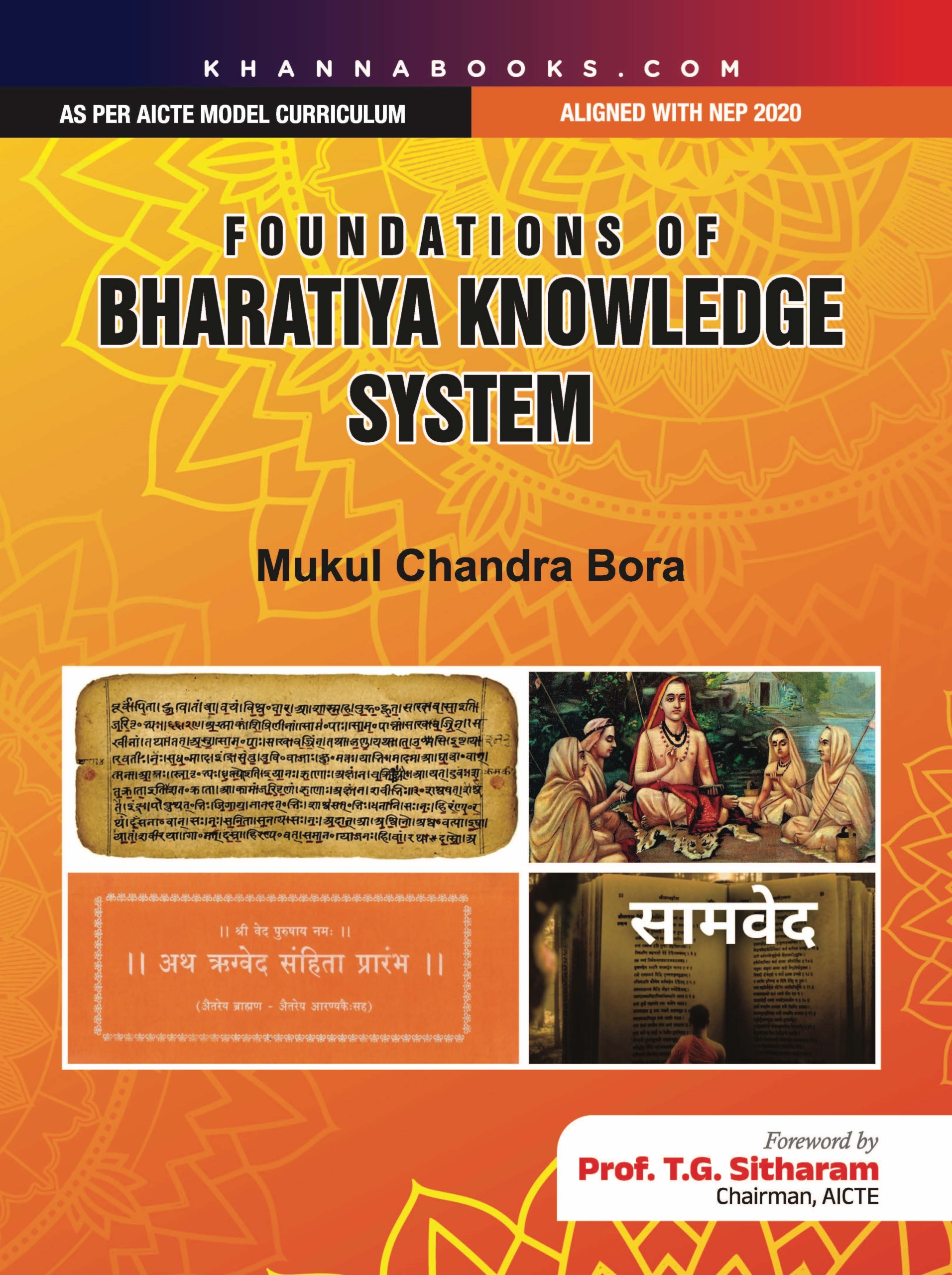
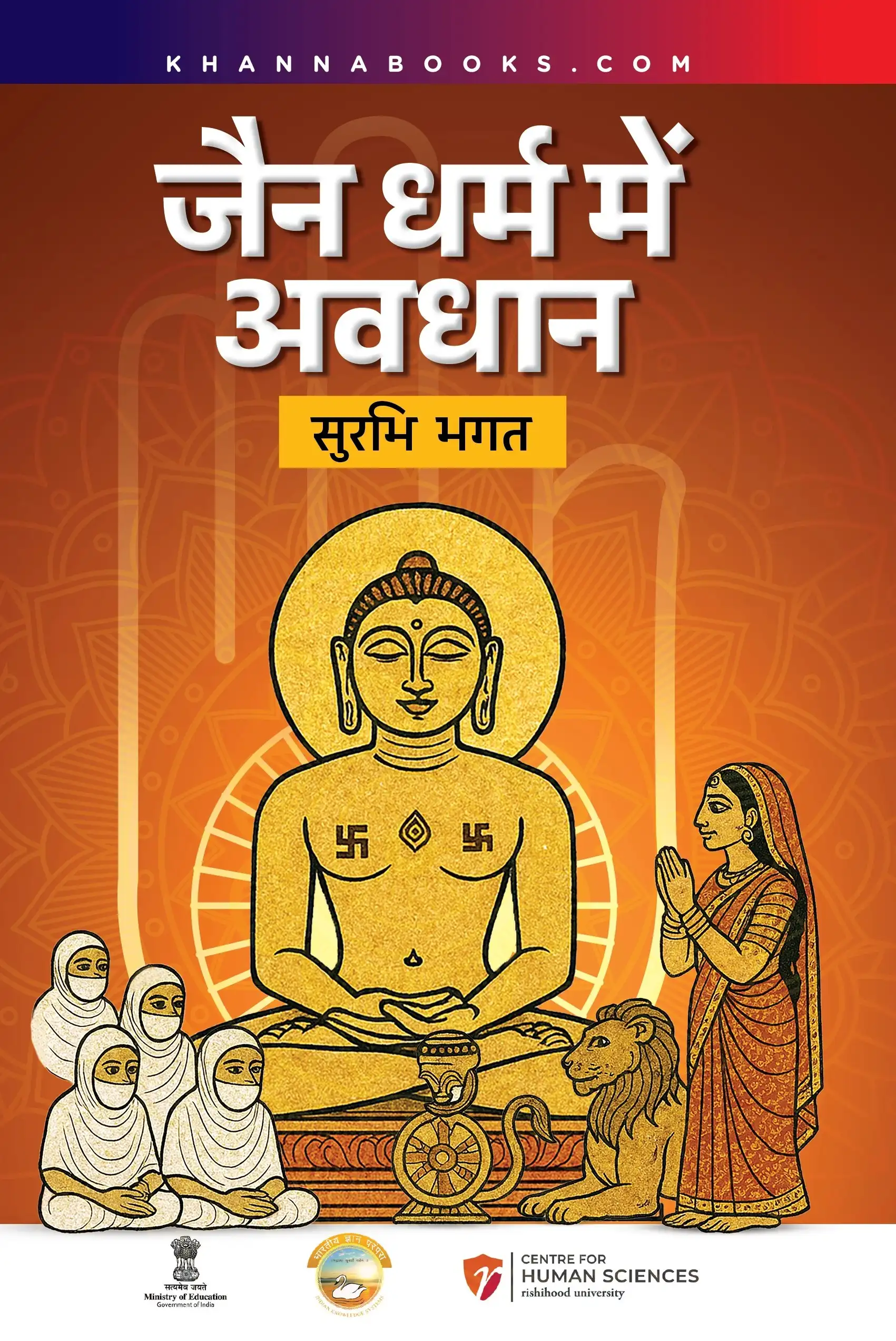
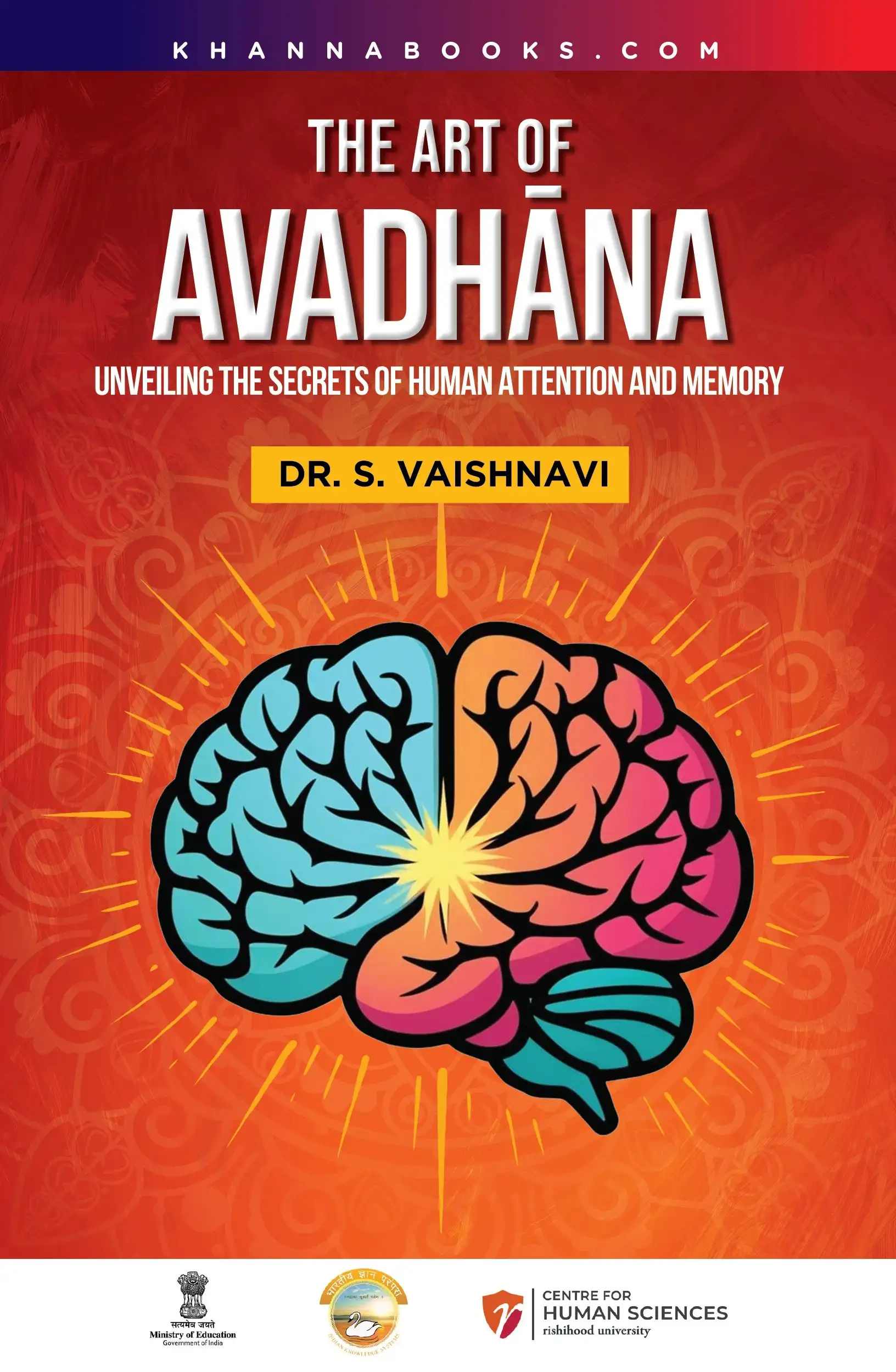
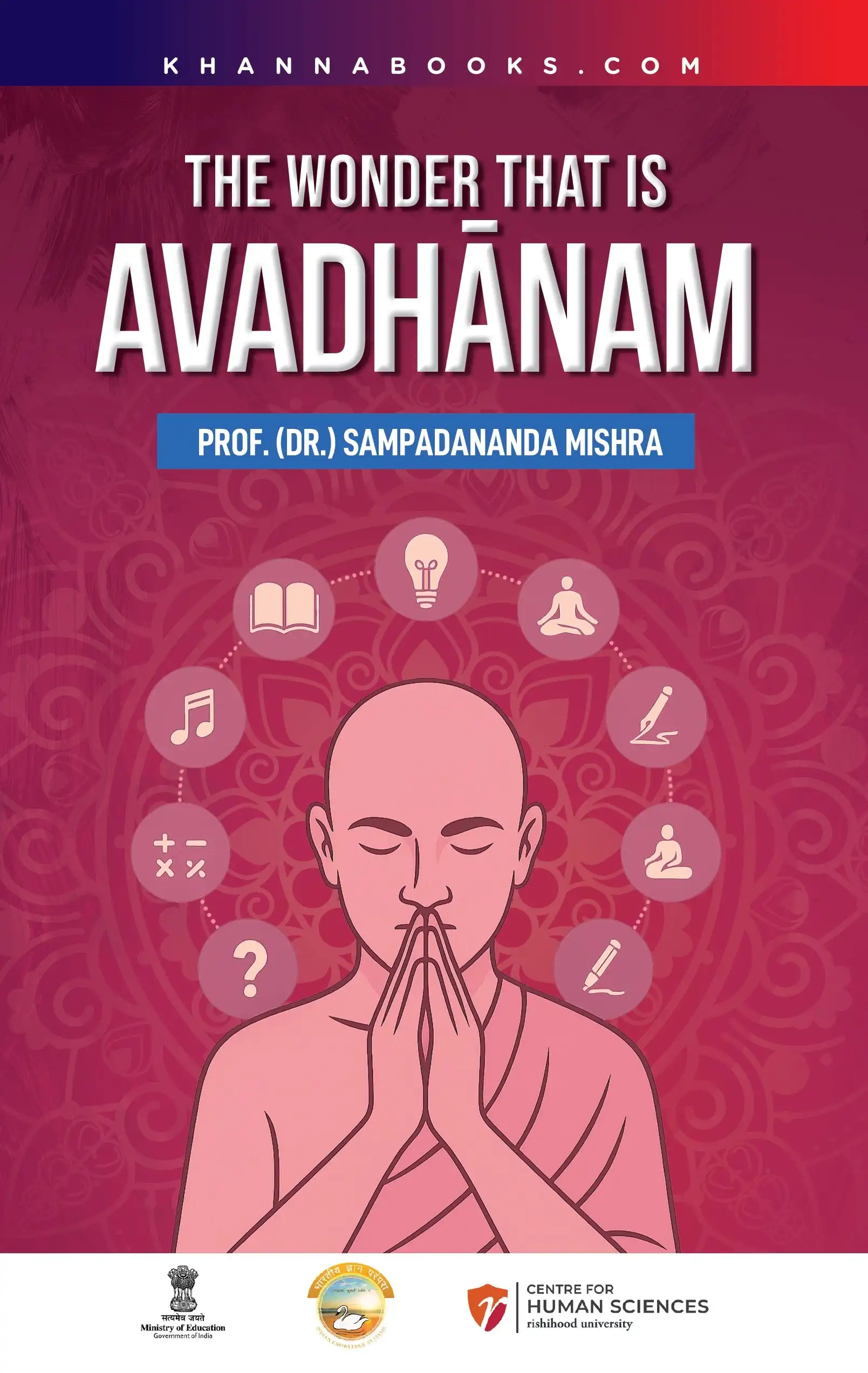
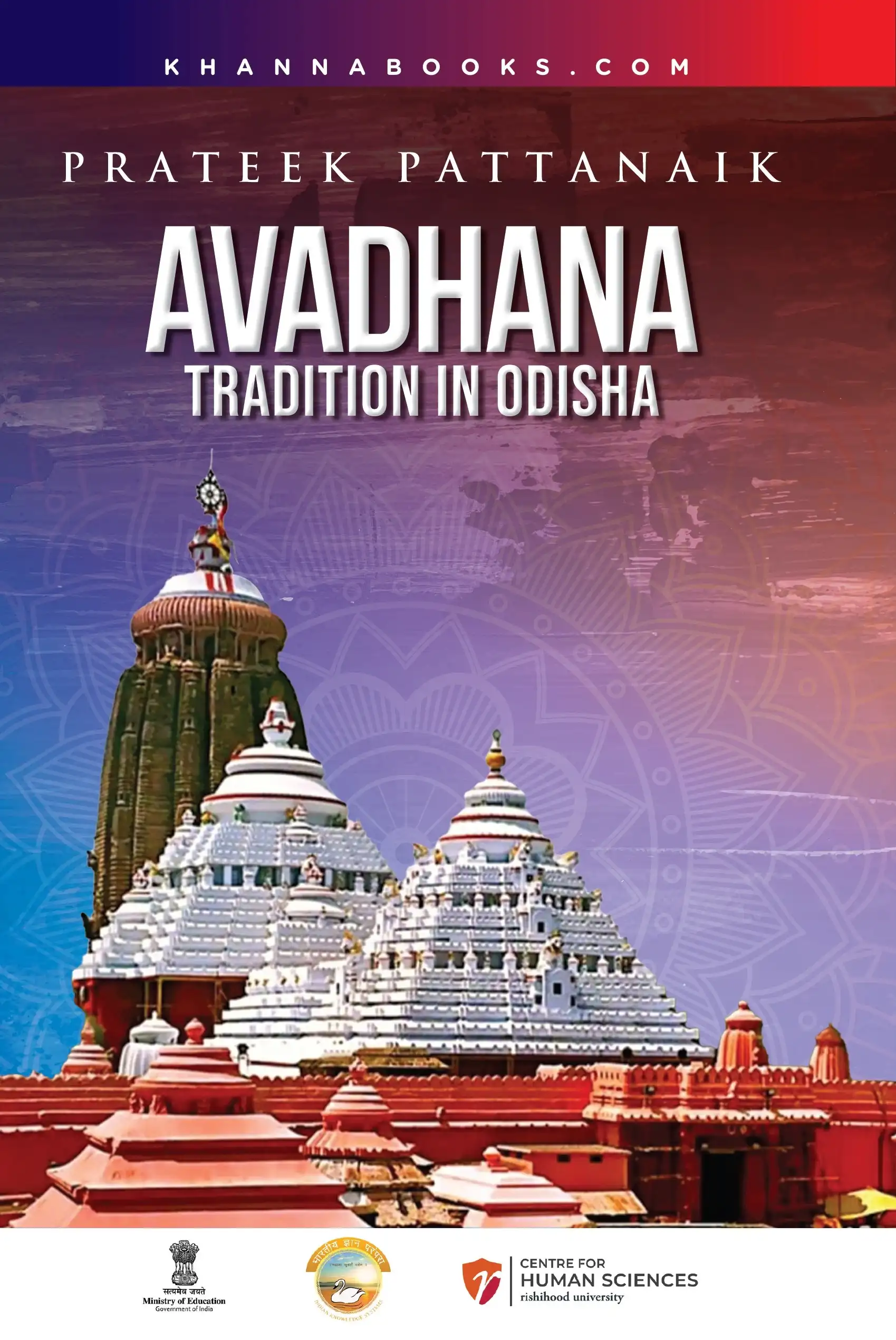
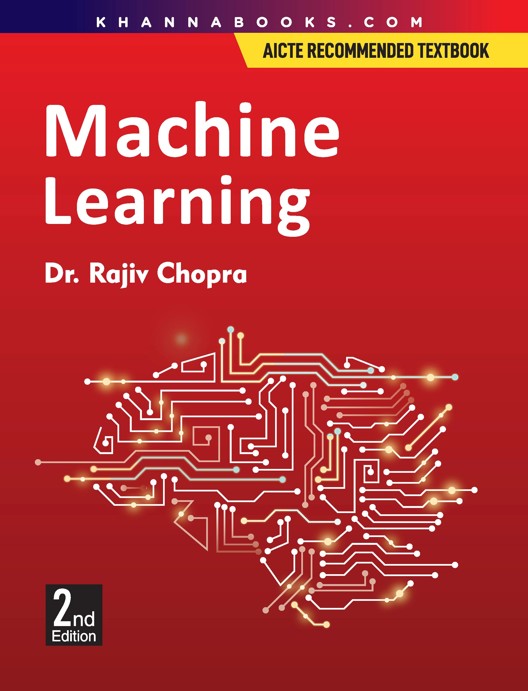
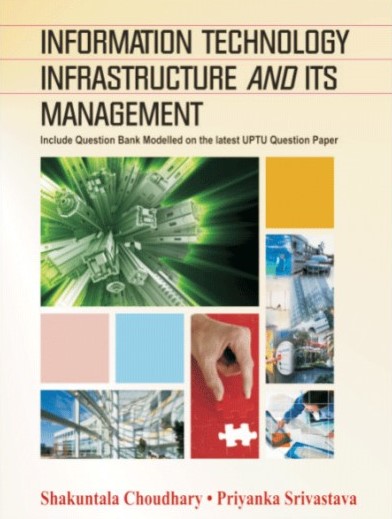
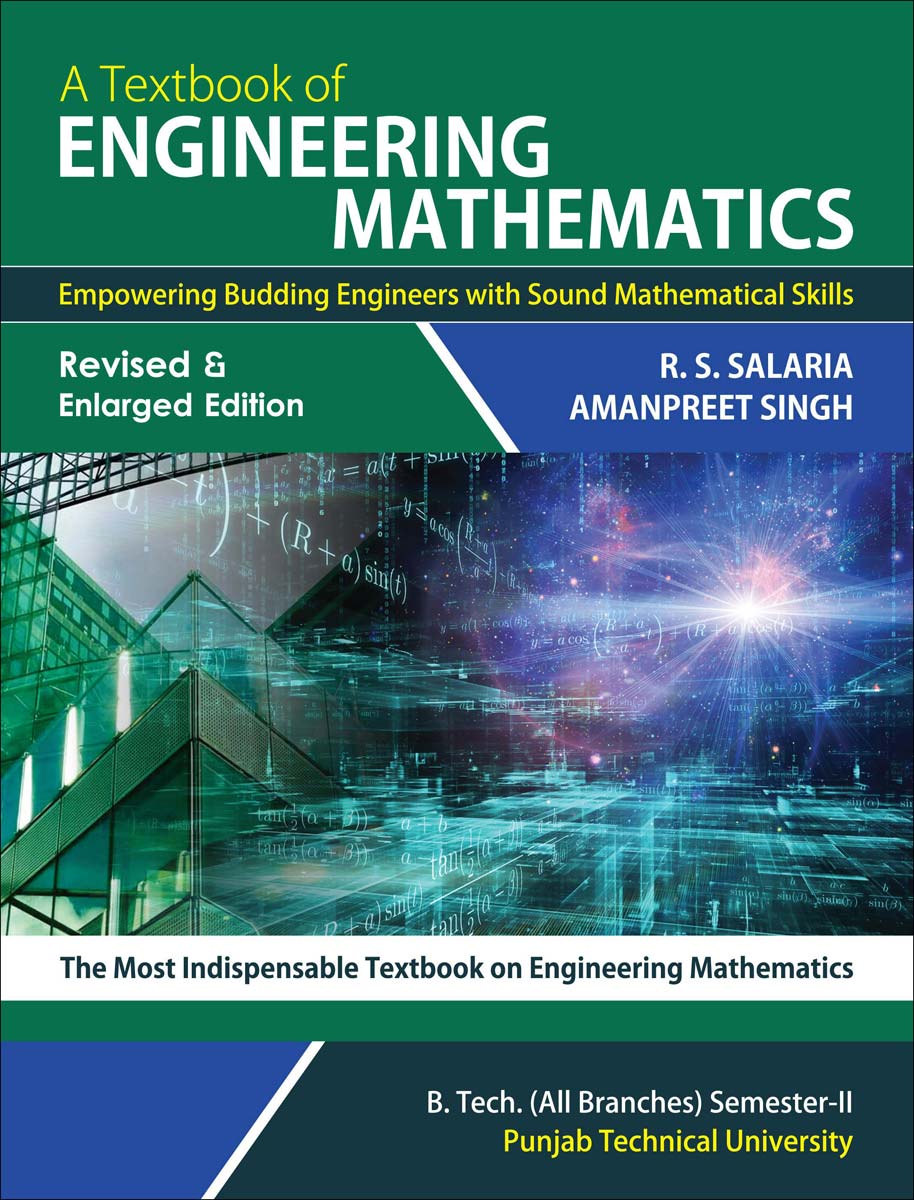
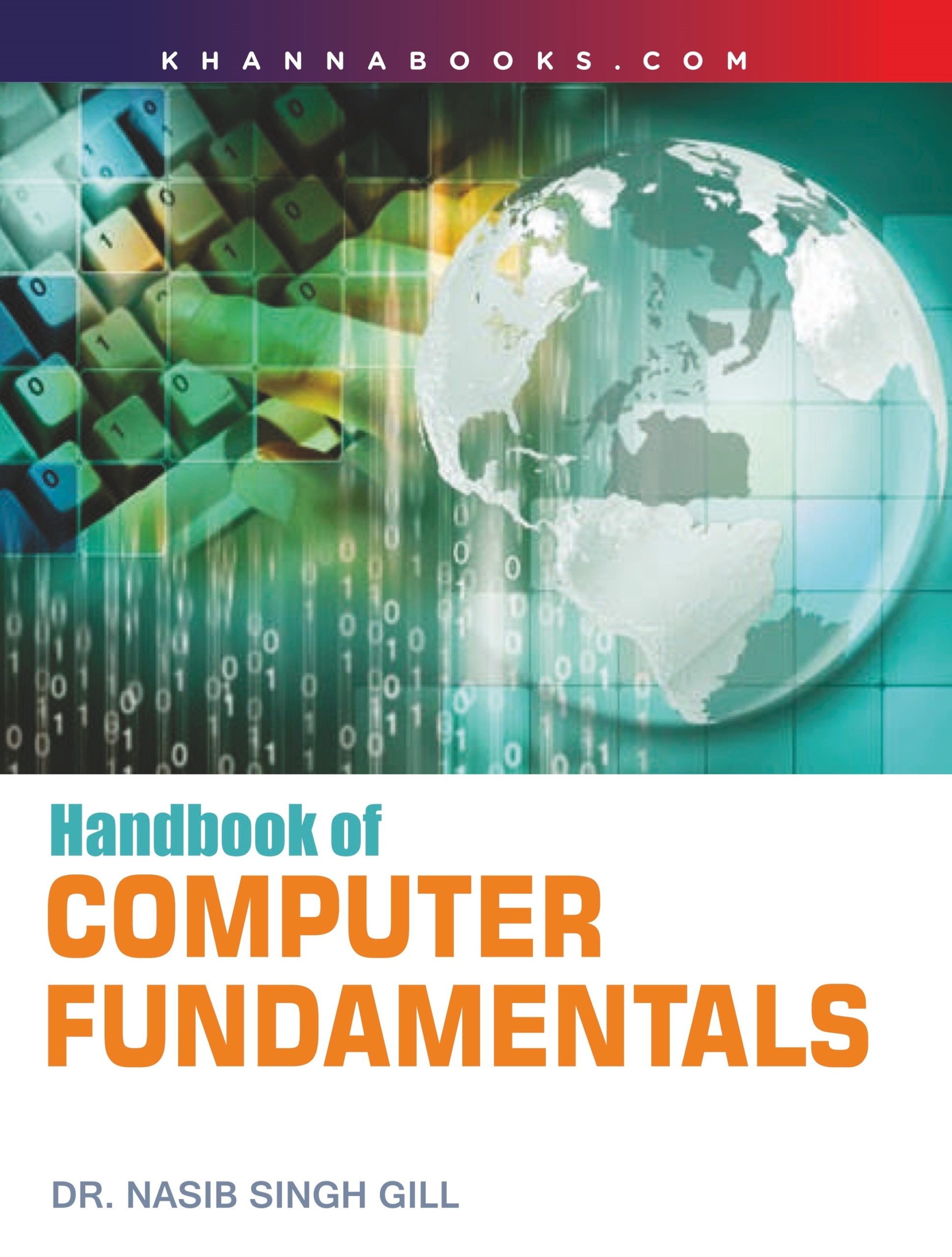
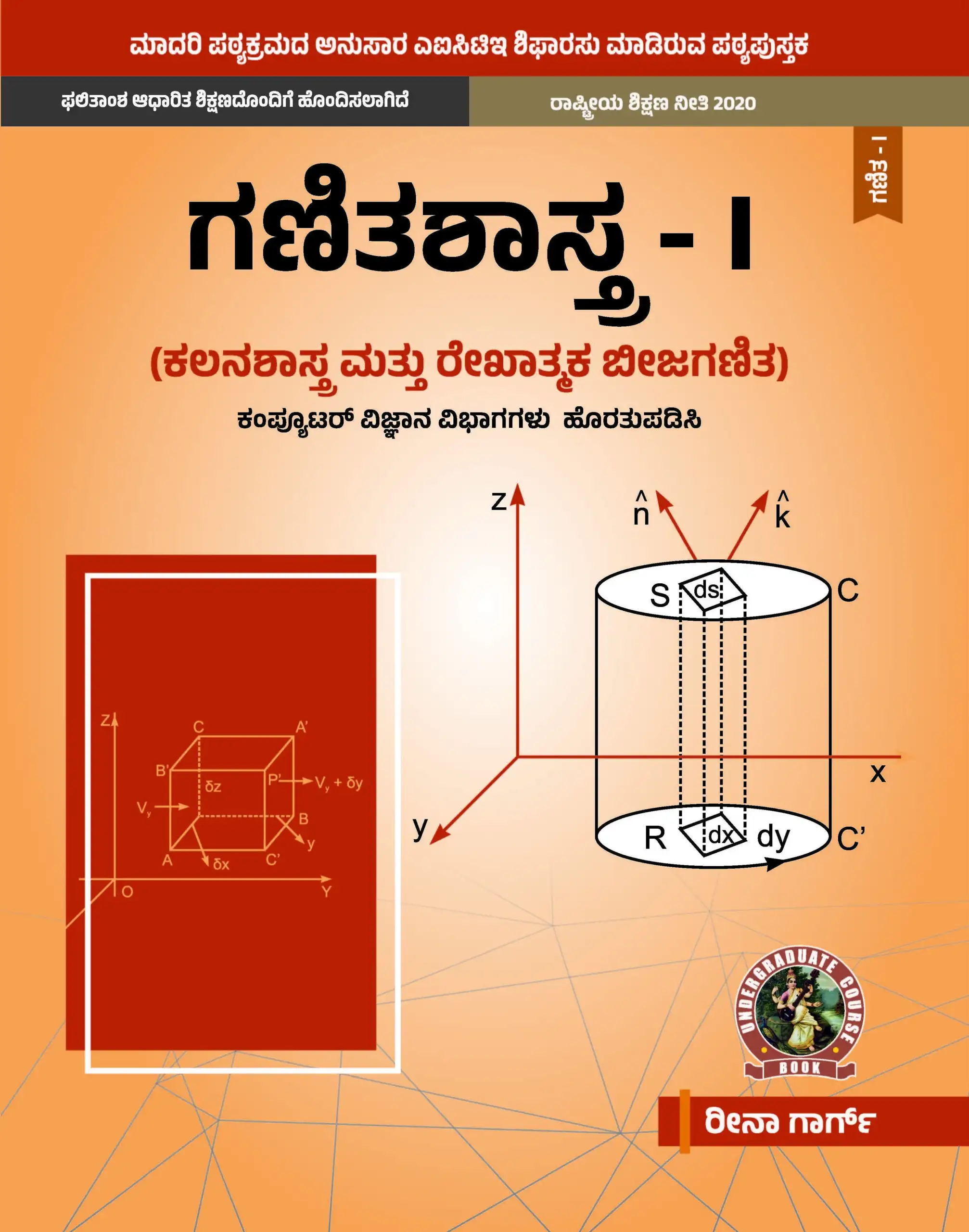

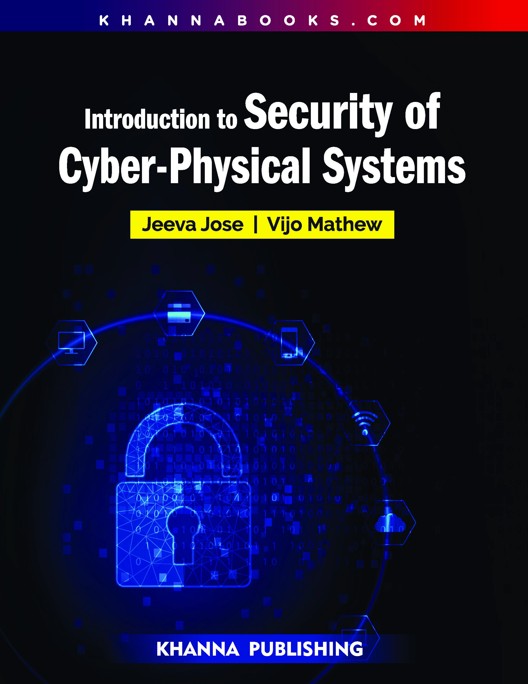
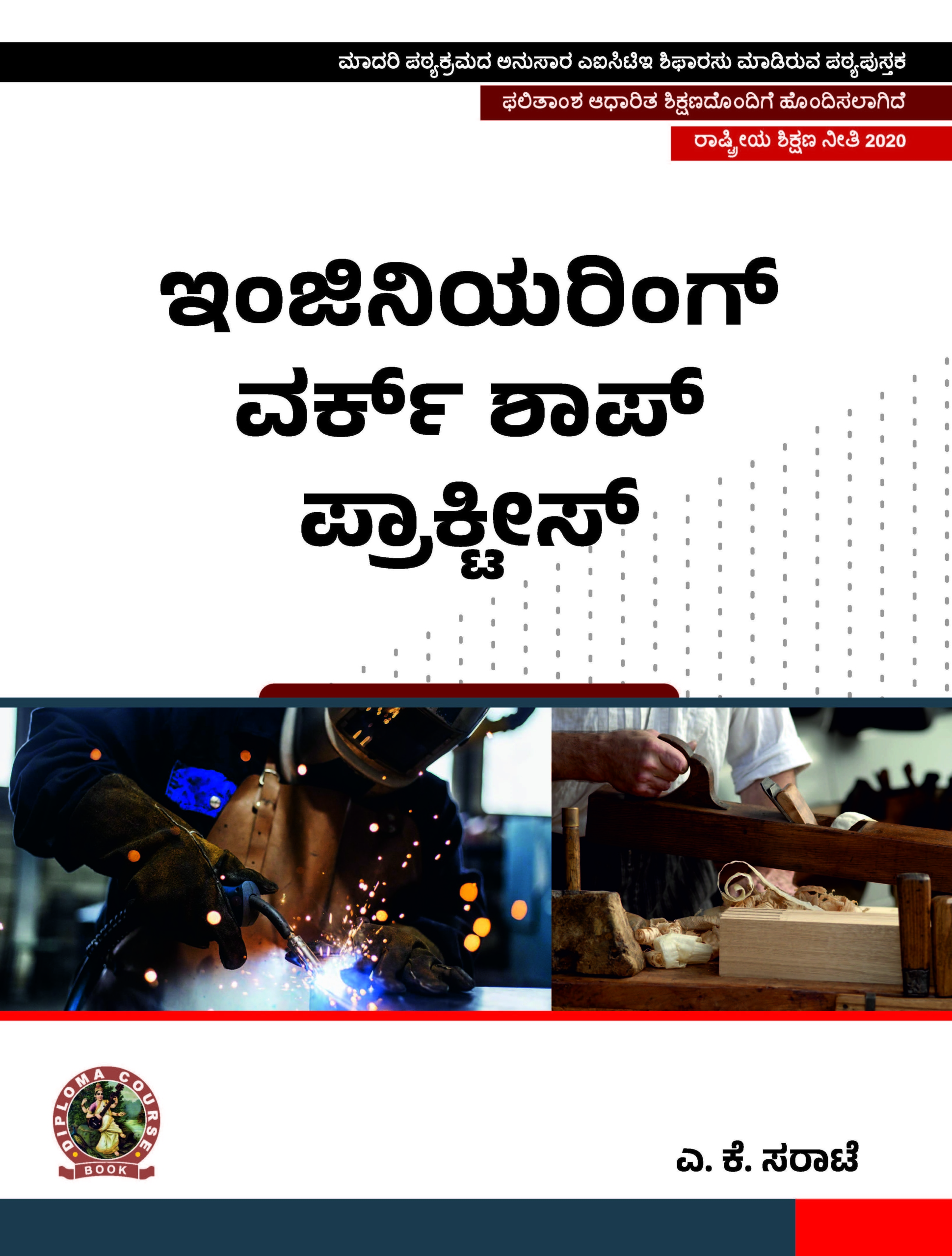
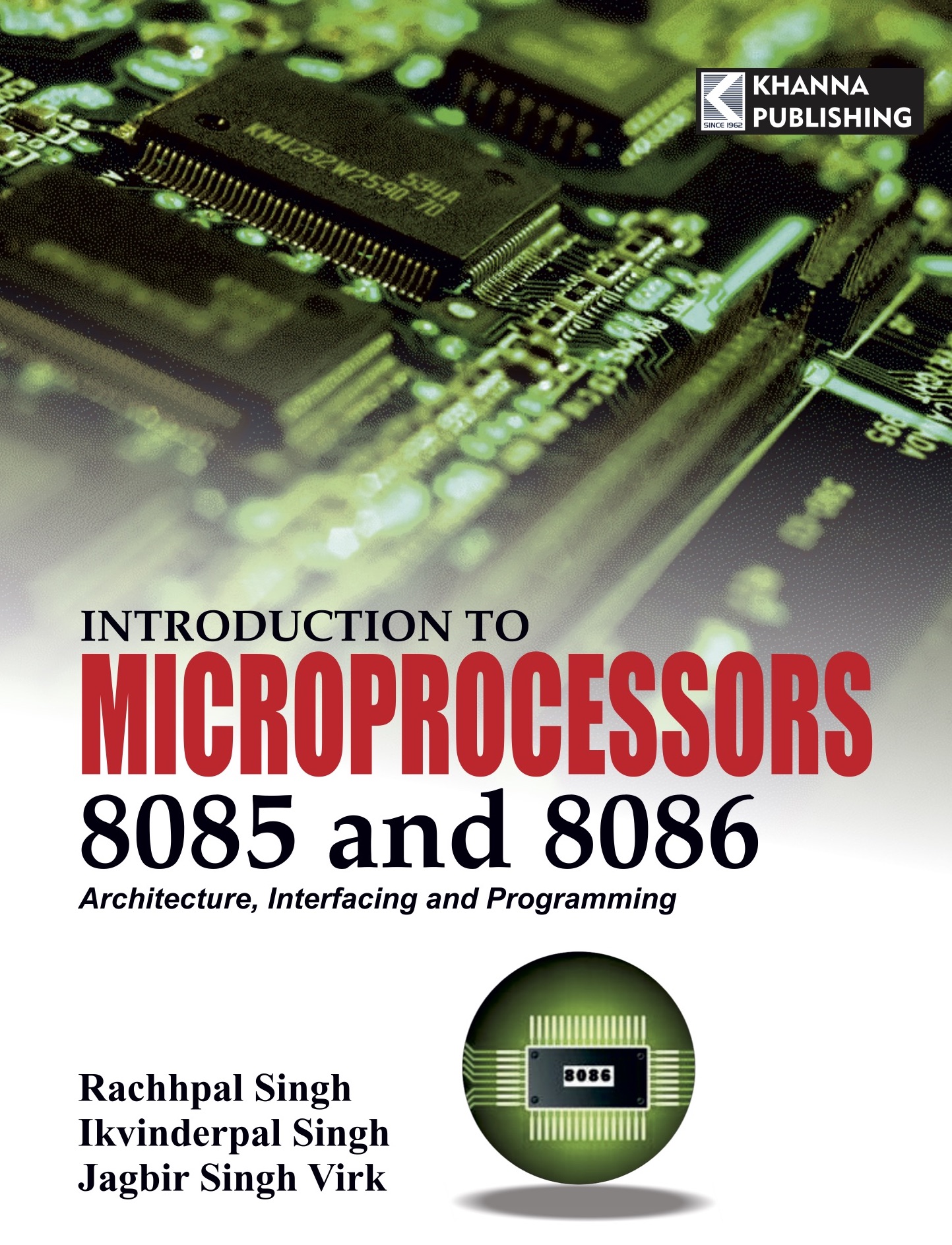

Reviews
There are no reviews yet.